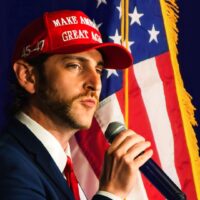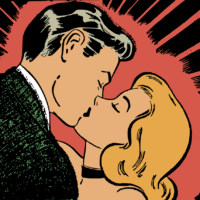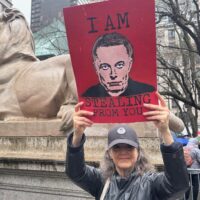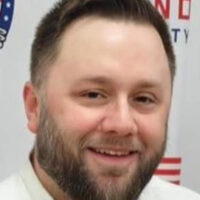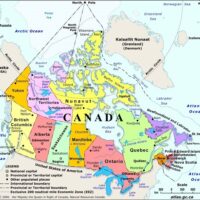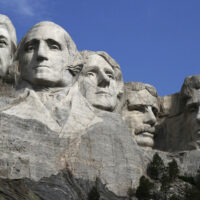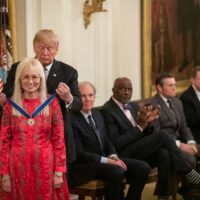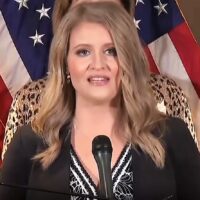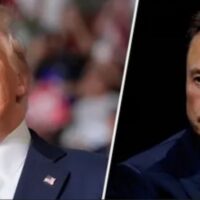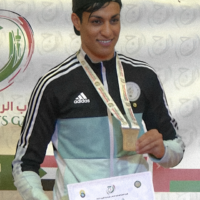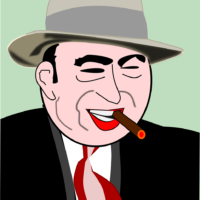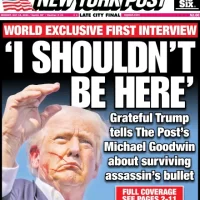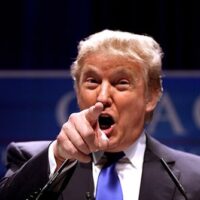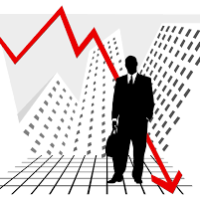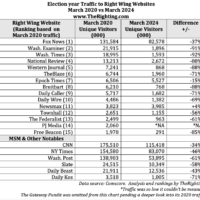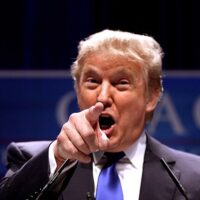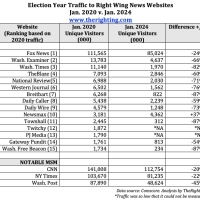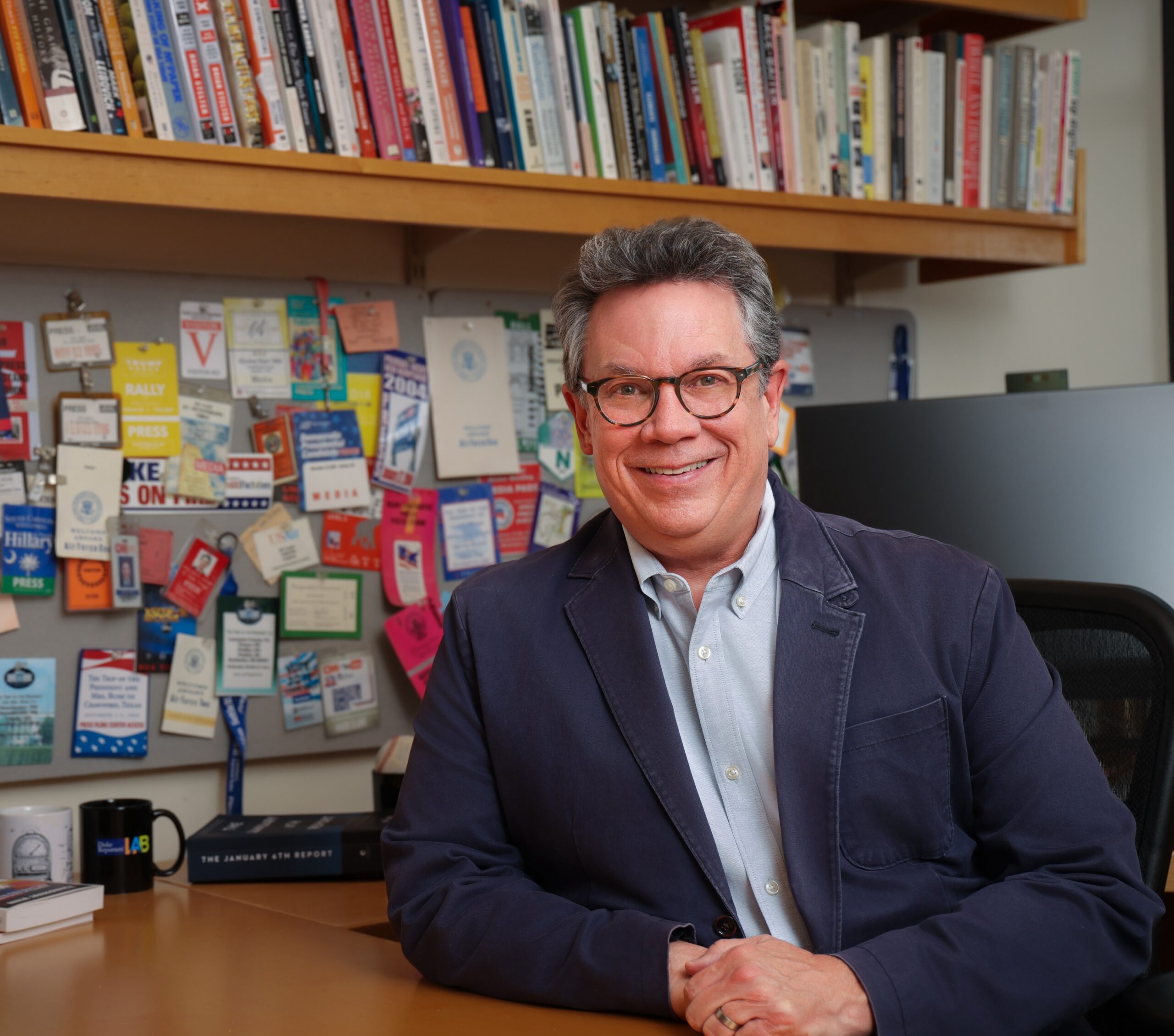
Bill Adair has built a stellar career based on lying. But he’s no liar. Far from it. He is one of the country’s foremost experts studying lying in politics. Well before the age of Trump, which ushered in the golden age of political lying, Adair created PolitiFact in 2007, a Pulitzer Prize-winning website dedicated in its inception to examining what politicians were saying and then rating those statements for accuracy. For almost a quarter of a century, Adair was an editor and reporter for the Tampa Bay Times. He is currently the Knight Professor of the Practice of Journalism and Public Policy at Duke University and the director the Duke Reporters’ Lab. His new book, Beyond the Big Lie: The Epidemic of Political Lying, Why Republicans Do It More, and How It Could Burn Down Our Democracy, was just published today. TheRighting’s Howard Polskin reached out to Adair to conduct this email interview:
Q. You write that political reporters for years were reluctant to call out politicians for lying. Why was that? And how has it changed – if at all – in 2024?
Political reporters were afraid of being called biased. But they are now much more comfortable calling out lies in their news stories. They typically don’t use the word “lie,” but they will write something like, “Trump repeated his false claim that immigrants in Springfield were eating cats despite repeated statements from city officials saying there is no evidence that is true.”
Q. From reading your book, I learned that Trump hates you. Does that bother you or do you wear that as a badge of honor?
I think I have a lot of company in that category. It doesn’t bother me.
Q. You have called Trump the greatest liar of all time. In the U.S. political realm who ranks up there with him?
No one else is ranks anywhere near him. Trump lies so much that a colleague asked me how fact-checkers can take seriously any promise he’s made, such as his statement that he will leave abortion policy to the states. I think that’s a legitimate question. How can we believe anything from him, ever?
Q. I consider Kellyanne Conway’s statement about alternative facts on “Meet the Press,” January 22, 2017, just days after Trump’s inauguration, to be one of the most harmful statements ever to come out of the Trump administration. The phrase not only sanitized lying, but it gave justification for future Trump lies and enabled millions of Trump followers to easily swallow his falsehoods. Your thoughts?
I think she inadvertently voiced the administration’s strategy to create constant doubt about what’s true. She was like the coach who let everyone else read the playbook.
Q. What do you say to critics who may charge that your book comes down too hard on Republicans for lying, and goes too easy on Democrats for their stretching or ignoring the truth?
There’s plenty in the book about Democrats who lie. I include Lyndon Johnson and Bill Clinton in my Lying Hall of Fame. I have a section that explores what Democrats lie about and, because it was written when Biden was still the nominee, it has a section on what he lies about. I also make clear in a lot of the book that lying is a problem of both parties and people need to challenge both to behave better.
Q. In one of the book’s more fascinating sections, you write of your warm relationship with former Trump vice president Mike Pence when he was a Congressman, and he and his family were your neighbors in a DC suburb. Are you sending him a copy of your book?
That’s a great question, Howard! He was elusive when I tried to contact him for the book. That was the case with a lot of politicians. When I used subject lines like “seeking comments about lying,” a lot of politicians didn’t reply.
Q. What will the next four years bring in terms of political truth-telling and lying? Are we going to get more lies or will this epidemic of falsehoods from the last several years eventually burn itself out like a raging forest fire?
I’m not good at predictions, but I’m hopeful that politicians from both parties will realize at some point soon that lies are damaging our political system. In the book, I offer some ideas for some creative incentives to get the politicians to change. If enough people get upset about lying, I believe we could see a change in behavior.

